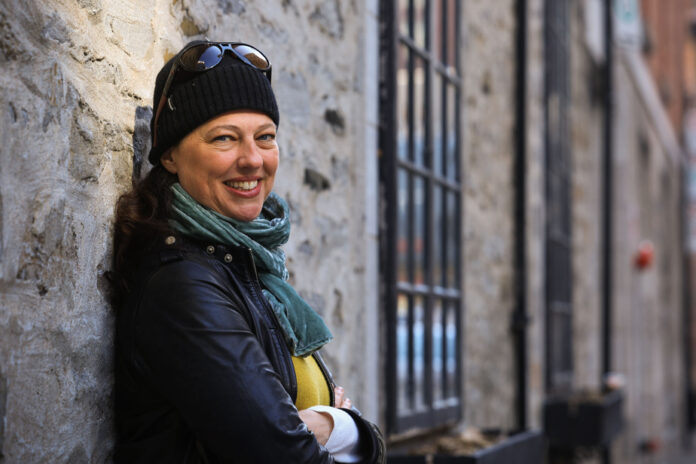They are everywhere. Omnipresent. And difficult to eradicate. Packaging, these “wounds of our conscience”, perceived in many ways as a necessary evil, have a bad press these days. But what if the issue was elsewhere?
In the wake of Earth Day, which took place on Saturday, Savoir média presents this Monday Unpacking Everything, an enlightening documentary on the subject, which offers an interesting angle: what if the problem was not packaging in general, but Well bad packaging in particular?
Asking the question is already answering it, even daring to make a second equally engaging, even “political” proposition: what if we could wrap better?
Directed by Sophie Lambert (Love in the digital age) and Sylvain Allard, professor at the UQAM School of Design, expert in eco-design, Tout déballer popularizes here in a short hour the invention of packaging (from the terracotta amphora with tin cans), revolutionized by the discovery of plastic and intrinsically linked to our modern lifestyles. With the current issues that we know.
We met with them last week to discuss it.
You know someone who bakes their own chips, do you? We neither. Hence the usefulness of said bags, an example among a thousand that illustrates how much the issue affects us all. Think about it when unwrapping your next Colombian chocolate.
No, we learn, packaging is not only harmful. Plastic isn’t evil either. As ephemeral as they are, they also have a lot of good (by protecting food, slowing down its degradation, informing the consumer of the different properties of a product, etc.).
But hey, we know, it’s on the side of their lifespan and their quantity that it goes bad. Every minute, we recall, the equivalent of a truck full of packaging is dumped into the ocean. Packaging that spreads and then infiltrates everywhere. We find particles even in beer, honey, our blood.
Chilling, you say? Certainly, although that is not the objective of the documentary, which is rather intended here in solution mode or, let’s say, “creation”.
The man also dreams of the day when this ecological design, supporting the product until its end of life, will become the norm. And he believes in it. The film, produced thanks to the collaboration of Éco Entreprises Québec and the University of Quebec in Montreal, also gives the floor to many experts (in ecological and industrial design, but also to people who do things differently, for zero waste, deposit or circular economy), which offer upstream solutions (convincing example: the bottle of dark beer).
Basically: by not putting the burden of change (only) on the consumer, but rather on the side of the industry. “We have to review the way of creating, continues Sylvain Allard, who has been teaching the subject for 20 years. Design is there to improve people’s quality of life. Now, it has to include the environment. »
How ? Via the famous three Rs (reduce, reuse, recycle) on the side of the industry always, of the system, what. “I am an apostle of systems change. Consumers have a lot on their shoulders, systems need to be created to help citizens,” he says.
No, there is no single solution. Recycling is far from perfect, as we know. And composting is not exactly a panacea. But there are avenues to explore. To do this, you still need to be informed.
“There is hope,” concludes Sophie Lambert, who here hopes to raise awareness among the viewer/consumer. And as a bonus politicize it. “Being discouraged is useless,” adds Sylvain Allard. We must continue to do our best, hold our elected officials to account. […] It has to be taught in our schools. That designers are made aware and that the system no longer allows companies to produce irresponsible goods. In short: disposable.















